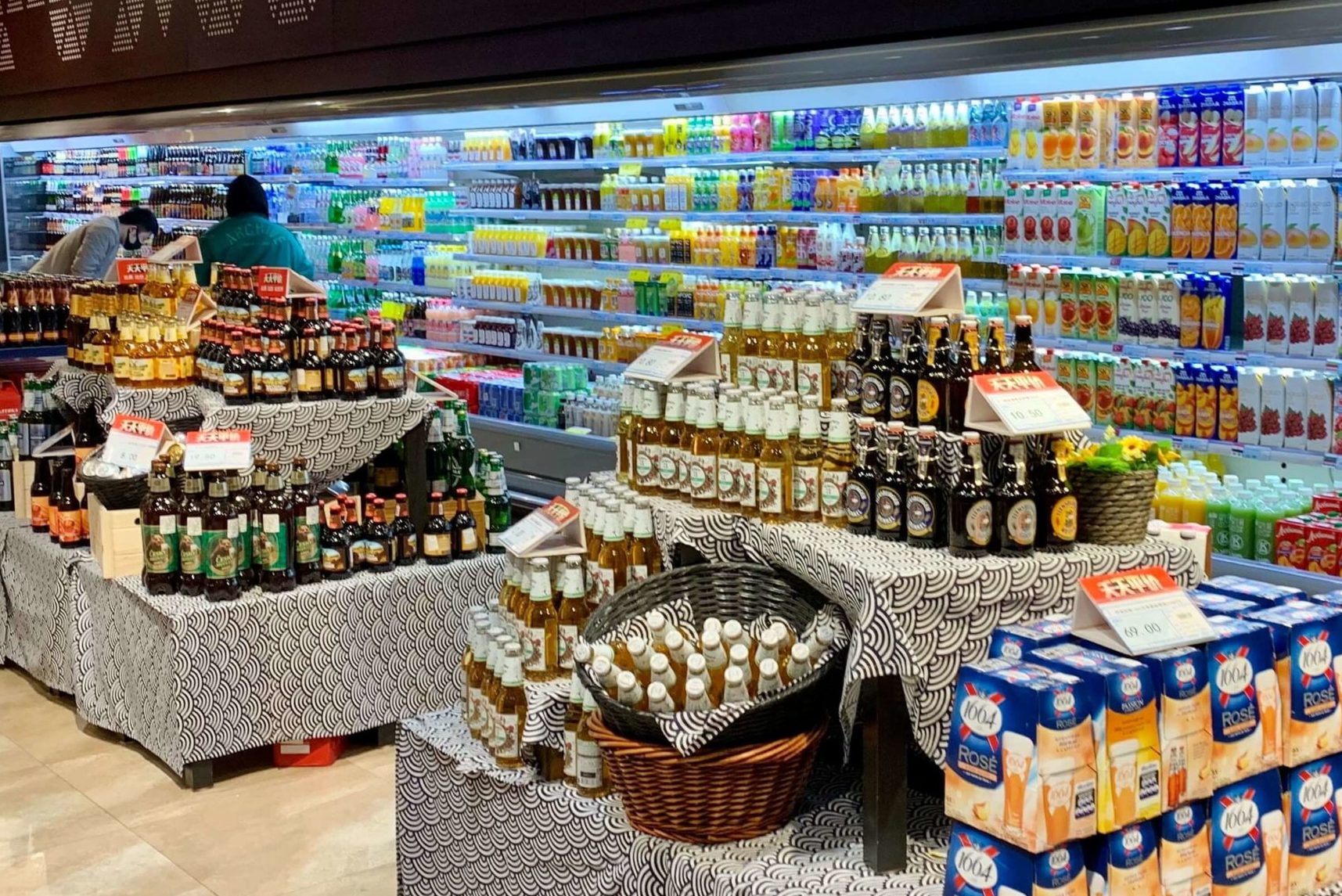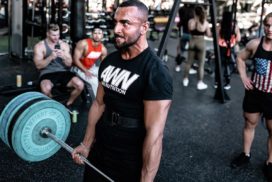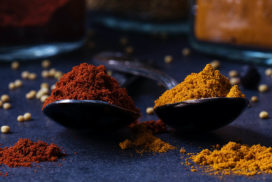Bulking to build muscle and add size requires a good diet. The foods you eat are a significant factor in how good your results are from training.
When cutting on a budget, the most important factor is that you’re getting enough protein in to maintain muscle and that you are consistently not going over calories. The macronutrient split of a cutting diet is more critical than the macronutrient split of a diet for bulking.
When bulking on a budget, there are a few things to consider. The first is that the budget will need to be higher since there will be more calories needed. Secondly, the macronutrient split is going to be less important since it’s not going to be as hard to get in fat, carbs, and protein as it is on a cut because food intake, and thus macronutrient intake, will be higher. Thirdly, if you struggle to get all your calories in, taste and how much you like the food you’re getting is important.
It is also necessary to state that a variety in your diet is important for health since you will get the nutritional content of multiple foods which reduces the chances of deficiency in any vitamins or minerals a significant amount.
The budget that’s going to be aimed for with this grocery list is $70-90. The calories are going to be 3,400 kcal. The macros are going to be 250-270g protein, 410-460g carbohydrates, and 70-90g fat.
Sources of Protein
The primary sources of protein are going to be eggs, chicken breast, low-fat greek yogurt, and low-fat cottage cheese.
Eggs are a great source of protein but are also unique in that they contain most of the vitamins and minerals the body needs, every essential amino acid, and 15 out of the 20 fatty acids. This all means that for nutrition, optimal hormones, and health, eggs are a great food to have in your diet. This is especially relevant if your goal is building muscle since nutrient deficiencies will greatly hinder muscle being built.
Eggs are typically 70-90 calories with 6-8 grams of protein, 0-1 grams of carbs, and 4-6 grams of fat.
Chicken breasts are another good food for protein and to be included in a diet optimized for making gains.
The macronutrients and calories of chicken breasts are 200-300 kcal, 50-60 grams of protein, 0 grams of carbs, and 5-8 grams of fat. For low-fat greek yogurt the calories are 100-150, the protein is 15-20 grams, the carbohydrates are 5-10 grams, and the fat is 2-3 grams. Low-fat cottager cheese is 160-180 calories, 20-30 grams of protein, 5-10 grams of carbs, and 1-3 grams of fat.
Sources of Carbohydrates
The main sources of carbohydrates are going to be rice, fruit, vegetables, oats, bread, and beets.
Rice is 100-300 calories, 4-8 grams of protein, 50-60 grams of carbs, and 0-2 grams of fat. Fruit and vegetables vary in calories and macros but are good to include for nutrition and as another source of carbs.
Oats are 300-400 calories, 15-20 grams of protein, 60-80 grams of carbs, and 5-10 grams of fat. Bread is 50-100 calories, 3-10 grams of protein, 10-20 grams of carbs, and 0-4 grams of fat. Beetroot is 20-50 calories, 1-3 grams of protein, 5-15 grams of carbs, and 0-3 grams of fat.
Both oats, rice, and beetroot are all very good sources of calories as well as nutrients. Beets contain nitrates which are able to boost nitric oxide and improve performance while training. These three foods can be the staples of a bulking diet, especially since oats and rice can be bought in large amounts for a low cost.
Sources of Fat
The sources of fat will be peanut butter, flax seed, and avocados.
Peanut butter is 100-150 calories, 2-6 grams of protein, 3-6 grams of carbs, and 5-15 grams of fat. Flax seeds are 50-80 calories, 2-4 grams of protein, 3-5 grams of carbs, and 5-8 grams of fat.
Avocados contain the highest amount of fat of all these and are also full of antioxidants and vitamins. Avocados contain 250 calories, 1-4 grams of protein, 10-15 grams of carbs, and 20-25 grams of fat.
Bulking Grocery List Example
This is a sample grocery list for a weeks worth of groceries while on a bulk. The total cost of buying these food items for a weeks worth of eating on a bulk came out to be $90 which is barely in the budget but still within a reasonable range.
The main constitutes of this bulking diet are eggs, chicken breasts, yogurt, cheese, rice, oats, and bread. All these items could be changed without too much detriment to the diet, these are just based on absolute optimal eating.
| Food | Calories | Protein | Carbs | Fat | Cost |
| Eggs (60) | 4,800 | 420g | 30g | 300g | $10 |
| Chicken Breast (8) | 2,000 | 440g | 0g | 48g | $24 |
| Low-Fat Greek Yogurt (10) | 1,200 | 170g | 70g | 25g | $10 |
| Low-Fat Cottage Cheese (8) | 1,360 | 200g | 56g | 12g | $20 |
| Rice (20lb) | 12,000 | 240g | 2,100g | 84g | $8.50 |
| Oats (2.6lb) | 4,900 | 238g | 980g | 98g | $4 |
| Loaf of Bread (1) | 75 | 5g | 15g | 2g | $2.50 |
| Beets (1) | 30 | 2g | 10g | 1.5g | $2.50 |
| Peanut Butter (1) | 125 | 4g | 5g | 10g | $3 |
| Flax Seeds (1) | 60 | 3g | 4g | 6g | $3.50 |
| Avocados (1) | 250 | 2g | 12g | 22g | $2 |
| Totals | 26,800 | 1,729g | 3,282g | 608.5g | $90 |
| Per Day | 3,400 (430 extra) | 247g | 467g | 87g | $12.86 |
Summary
Overall, this grocery list will cost $90 per week and supply 3,400 calories, 247g protein, 467g carbs, and 87g fat per day. There is a decent variety of food and enough flexibility for different meals to be made.
The prices are based off the averages from different stores these items are available at and the macronutrient amounts are based off the average protein, carbs, and fat for each food.
For more on dieting, such as the top 5 high protein low-calorie foods and how much of a calorie deficit is needed to lose fat, click here.







